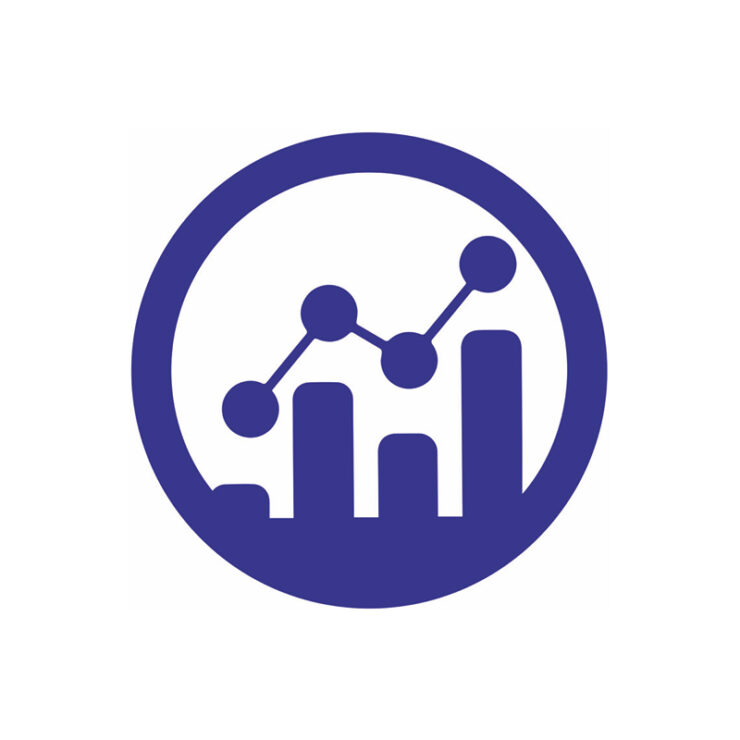
UB & CDH Workshop: Working with large text corpora in I-Analyzer for humanities staff
This joint workshop by the Utrecht University Library and the Centre for Digital Humanities will give an overview of how text corpora are processed in order to be used in I-Analyzer, and how to search, filter and visualize results. I-Analyzer, developed by the Digital Humanities Lab, is an online text and data mining application that
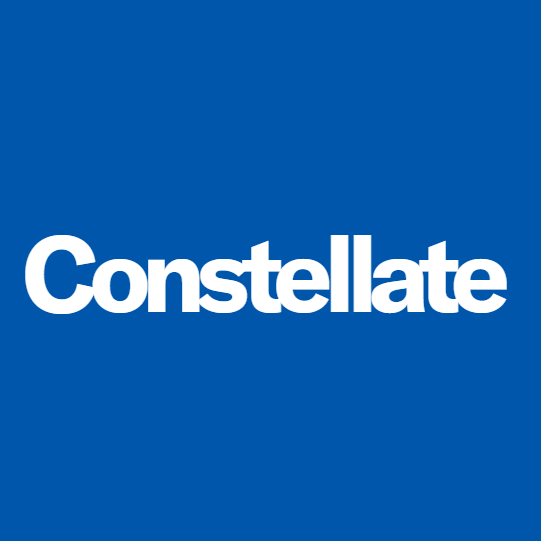
Text-mining platform Constellate offers free summer workshops
This June and July the Constellate platform offers free workshops to teach you the skills – or advance them to a new level – to work with Constellate, a service that provides all the tools for proficiency in data analysis and digital literacy. The Utrecht University Library currently offers access to this platform which allows
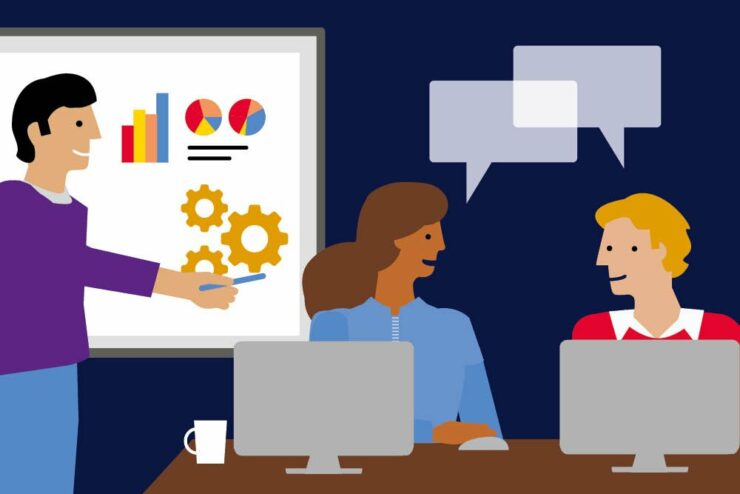
One year of Living Lab Digital Humanities, how does it work in practice?
Joint programming in Python, the best place for hybrid meetings and fiddling with screens and microphones. The Living Lab Digital Humanities, a collaboration of the University Library and the Centre for Digital Humanities, was launched a year ago. Who uses this ‘workshop’ for digital research and education? What can you do there and what could be
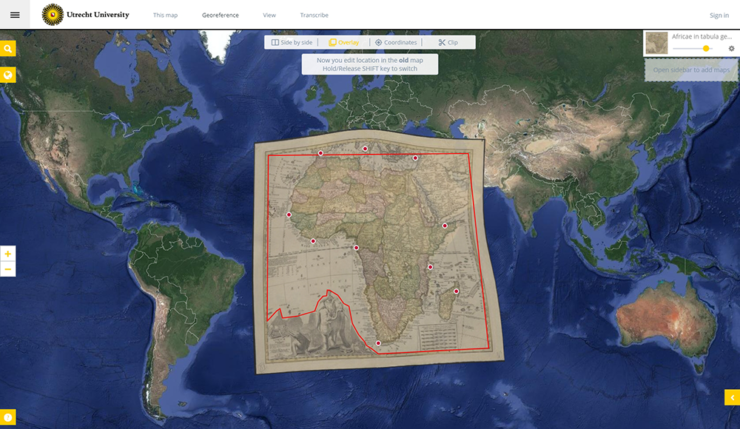
UB & CDH present: Georeferencing: An innovative update for old maps
During this University Library showcase of the Special Collections, curator Marco van Egmond will show a number of beautiful applications and possibilities of georeferencing using practical examples. For ten years now, the Utrecht University Library has been georeferencing parts of its collection of maps: that means digitally positioning a scan of an old map over
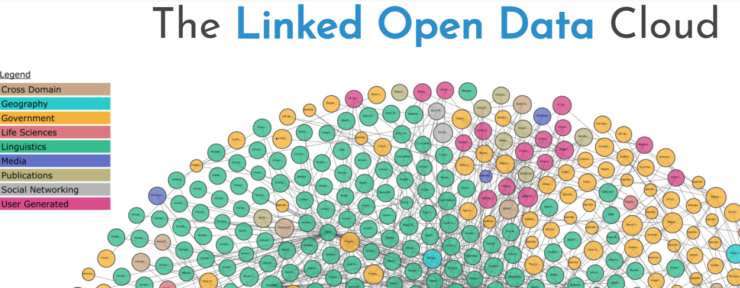
Linked (Open) Data – Showcase UB Digital Humanities
More and more institutions and researchers are discovering the possibilities of Linked Data for their dataset or (digital) heritage collection. But what exactly is Linked (Open) Data and more importantly, what can you do with it? In the Living Lab Digital Humanities, subject specialist History and Digital Humanities at the University Library Ruben Schalk, demonstrates
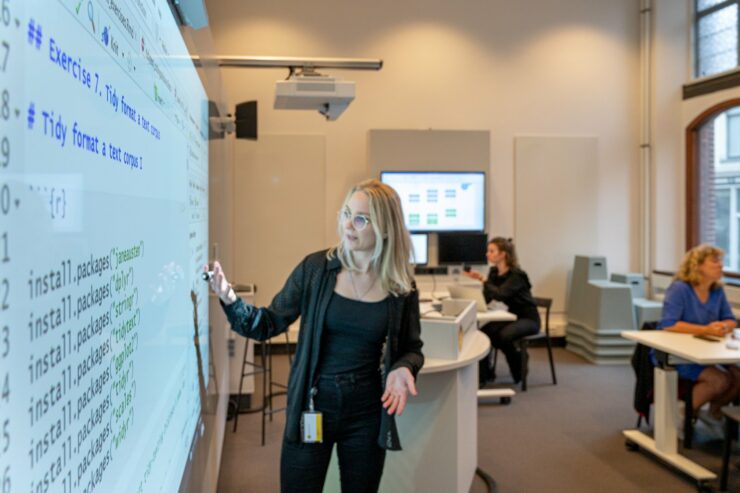
Automated systematic text reviewing in the Living Lab Digital Humanities
Since the summer, Prof. dr. Rens van de Schoot has been making weekly use of the Living Lab Digital Humanities in the Utrecht University Library City Centre with his Automated Systematic Review group (ASReview group). He talks about the added value of the Living Lab DH, working during the lockdown and expectations for the future. The Living
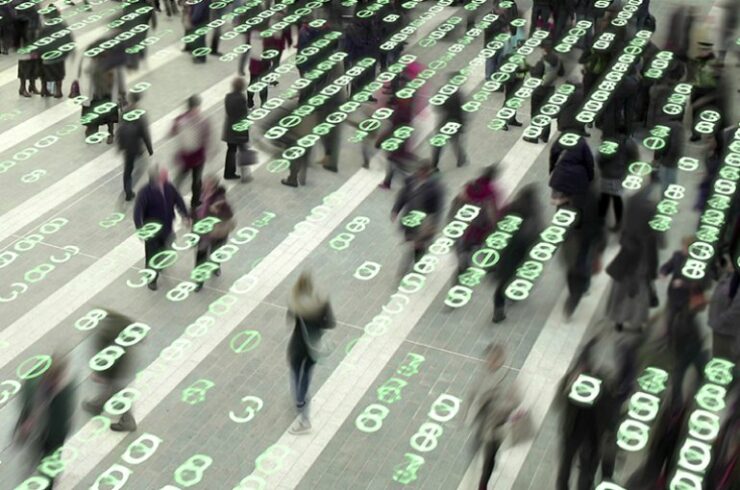
University Library Digital Humanities Course ‘Introduction to R & Data for Humanities’
Registration form R is a powerful scripting language for data handling, data visualisation, and statistics. This workshop specifically targets researchers working within the Humanities, focusing on the analysis of textual data (as found in poems and novels, for example). However, it is open to and useful for all UU employees who want to perform computational

